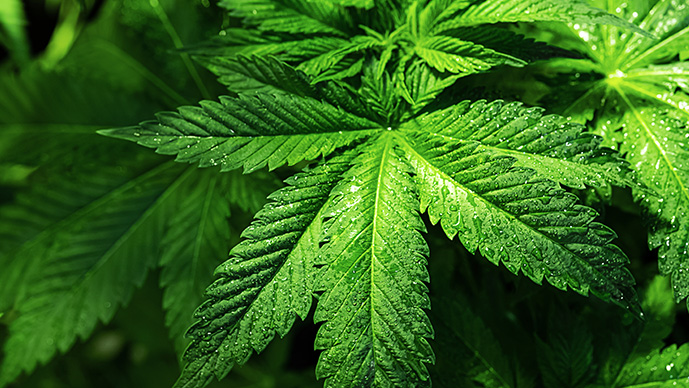In recent years, the growing interest in holistic health and wellness has sparked a surge in research and discussions about cannabinoids, specifically CBD (cannabidiol) and THC (tetrahydrocannabinol). These compounds, derived from the cannabis plant, have garnered attention for their potential therapeutic benefits. While CBD and THC are often considered individually, emerging evidence suggests that combining the two may offer a synergistic effect that could amplify their respective advantages.
CBD and THC: A Brief Overview:
CBD and THC are two of the most prominent cannabinoids found in the cannabis plant. However, they interact differently with the human body and produce distinct effects. THC is known for its psychoactive properties, which can induce a “high” sensation. On the other hand, CBD is non-psychoactive and has gained popularity for its potential to provide relaxation, pain relief, and anxiety reduction.
Benefits of CBD:
1. Pain Management: CBD has been studied for its analgesic properties, with potential applications in managing chronic pain conditions such as arthritis or neuropathy.
2. Anxiety and Stress: Research suggests that CBD may help alleviate anxiety and stress by interacting with serotonin receptors in the brain, which regulate mood and emotions.
3. Epilepsy: Epidiolex, a CBD-based medication, has been approved by the FDA for the treatment of rare forms of epilepsy, showcasing CBD’s potential in managing seizure disorders.
4. Inflammation: CBD’s anti-inflammatory properties have led to investigations into its role in managing conditions like inflammatory bowel disease or multiple sclerosis.
Benefits of THC:
1. Pain Relief: THC’s ability to activate cannabinoid receptors can provide effective pain relief, making it a valuable option for patients dealing with chronic pain.
2. Nausea and Appetite Stimulation: THC has been used to combat nausea and improve appetite in patients undergoing chemotherapy or dealing with conditions like AIDS-related wasting syndrome.
3. Muscle Spasticity: Some individuals with multiple sclerosis find relief from muscle spasms and spasticity through the use of THC-based medications.
4. Sleep Disorders: THC’s sedative effects have led to its exploration as a potential remedy for insomnia and other sleep disorders.
The Entourage Effect: CBD and THC Together:
The entourage effect is a concept suggesting that the combined use of multiple cannabinoids, including CBD and THC, can enhance their individual benefits. While research is ongoing, several studies have indicated that CBD may modulate some of the psychoactive effects of THC, potentially reducing anxiety or paranoia commonly associated with high THC doses. Furthermore, the synergy between CBD and THC could lead to improved pain relief and a broader range of therapeutic applications.
Conditions That Could Benefit from Combined Use:
1. Chronic Pain Management: The synergy between CBD’s anti-inflammatory effects and THC’s pain-relieving properties could offer more comprehensive pain relief for individuals dealing with chronic pain conditions.
2. Cancer-related Symptoms: Combining CBD’s anti-nausea effects with THC’s appetite-stimulating properties could help cancer patients manage the side effects of chemotherapy more effectively.
3. Neuropsychiatric Disorders: The entourage effect might prove valuable in addressing conditions like PTSD, where the anxiolytic effects of CBD could complement THC’s potential in reducing emotional distress.
4. Neurological Conditions: The combination of CBD’s neuroprotective properties and THC’s muscle spasm relief might benefit patients with conditions like multiple sclerosis or Parkinson’s disease.
Conclusion:
The ongoing research into CBD and THC has illuminated the potential of these cannabinoids to address a wide array of health concerns. While each cannabinoid offers unique benefits on its own the combination of CBD and THC work wonders for the body.

